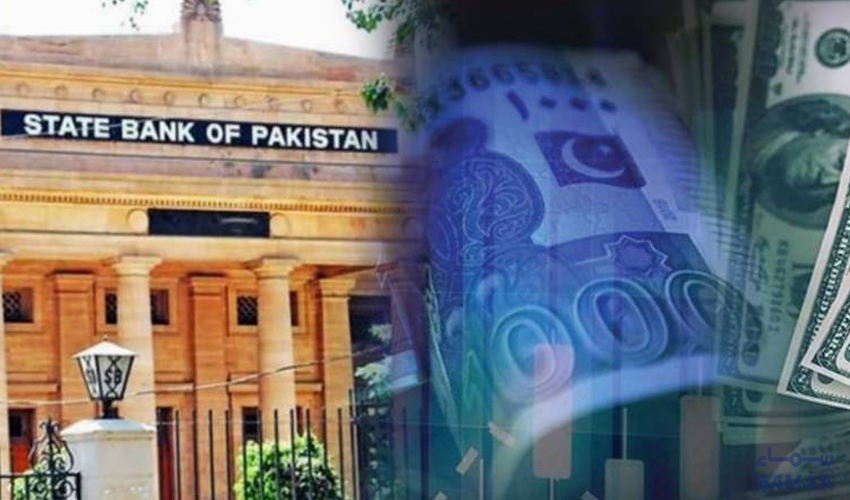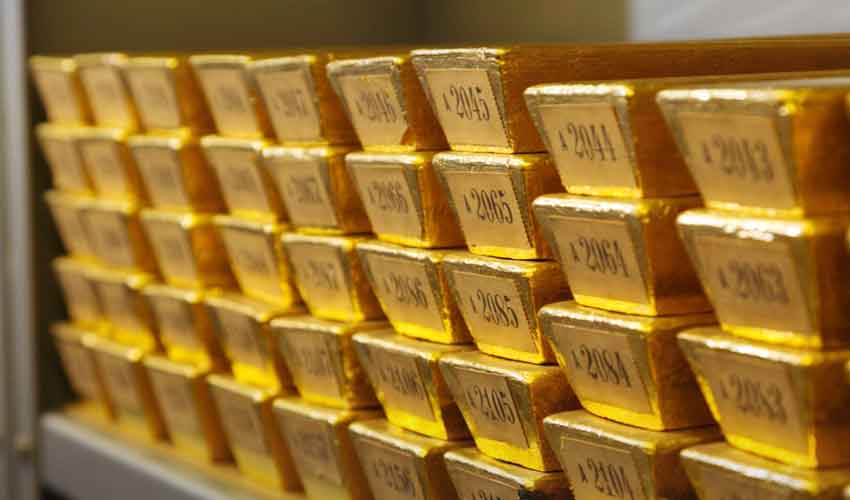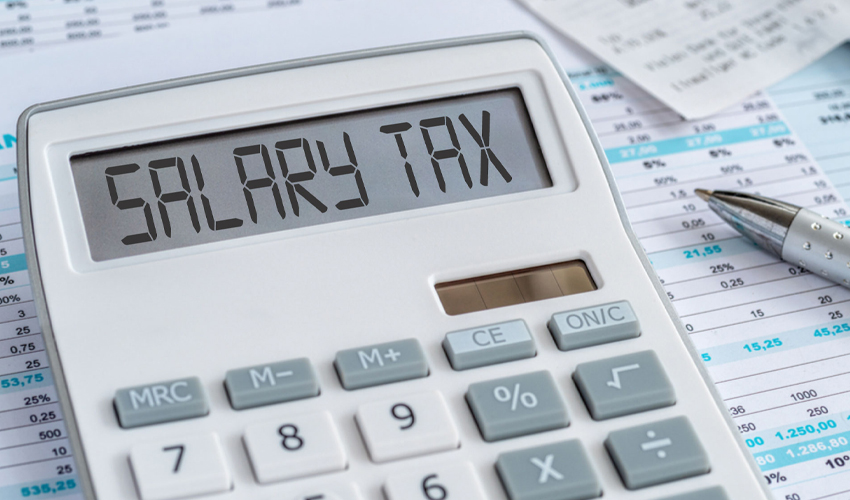In response to rising inflation and a decline in purchasing power, there has been a noticeable reduction in borrowing from banks across Pakistan.
According to recent data released by the State Bank of Pakistan (SBP), the trend of taking loans for vehicles, houses, and personal needs has significantly decreased.
The data reveals that in July 2024, the total loans taken for vehicle purchases stood at Rs228 billion, marking a 20% decline from Rs285 billion in July 2023. This sharp decrease reflects the financial strain on consumers amid escalating inflation.
Similarly, borrowing for housing also saw a downturn. In July 2024, loans for house purchases amounted to Rs203 billion, a 4% drop from the previous year. Overall consumer financing, which includes various types of personal loans, fell by 6% on an annual basis, with the total volume recorded at Rs802 billion in July 2024.
Interestingly, while other forms of borrowing declined, the use of credit cards saw a 28% increase. In July 2024, citizens took out loans worth Rs125 billion via credit cards, indicating a shift towards short-term borrowing solutions.
The decline in bank loans for major purchases highlights the economic pressures faced by the public, as rising costs and reduced purchasing power continue to impact financial behaviour across the country.
A few days ago, the country’s foreign exchange reserves experienced a significant boost of $173 million within a single week.
As per the most recent information from the State Bank of Pakistan, the overall amount of national foreign exchange reserves is currently $14.645 billion. The growth in reserves is credited to a surge in the dollar holdings of both the central bank and commercial banks.
The central bank’s foreign currency reserves rose by $12 million to $9.273 billion, and banks’ foreign currency deposits grew by $5.3 million to $5.373 billion.



























